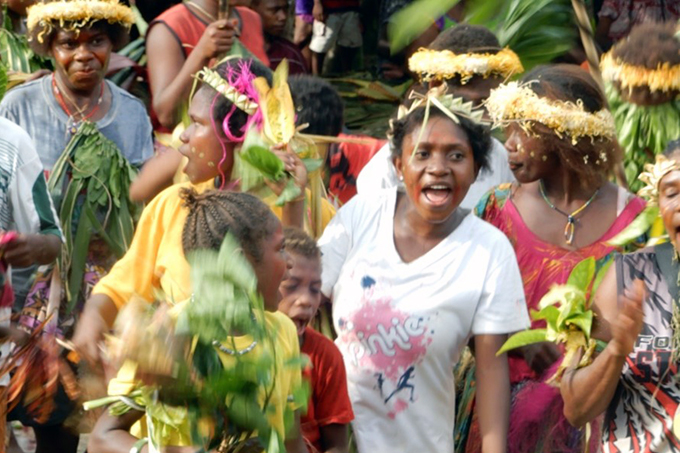Gender responsive and equitable education policy development and programming
Papua New Guinea is the largest most populated country in the Pacific region highly ethnically diverse, with over 800 spoken languages. A rugged geography in the mainland and multiple scattered islands makes delivering education services difficult and expensive.
Health and nutrition indicators are poor. Most people do not have access to improved drinking water or sanitation. COVID-19 has swept the country, and the governments response has been to cut the education budget, likely to worsen the educational access of girls and other marginalized groups.
Papua New Guinea Education Advocacy Network (PEAN) is a coalition of local civil society organisations established in 2004. It advocates for quality education in alignment with the global Sustainable Development Goal 4 (SDG4) and international standards. PEAN is dedicated to the advancement of educational opportunities for all PNG citizens, especially for those from disadvantaged groups.
Despite signing up for the Sustainable Development Goals (SDGs) over the last six years the PNG government has done little to implement them. Within the country, especially outside the capital, there is little understanding of the meaning of SDG4. In the provinces there appears a disconnect with national decision making. This is problematic, as large funds for education are disbursed to MPs, for each of 89 districts.
Provincial governments also have considerable funds available for education spending PEAN is already working successfully with provincial governments and the districts, spreading awareness of SDG4, and signing agreements to work on aligning provincial education plans with SDG4, including gender and equity dimensions.
In this project PEAN aims to increase understanding, grow its influence and network in the provinces and build the capacity of local officials and planners in its GAPSED approach. The central government’s approach to COVID-19 of cutting the education budget must be reversed. In particular turning fee free education to a subsidised system is bad news for female and marginalized access.
PEAN will be applying its gender and equity lens and advocating strongly in this area.
PEAN will also look to budget analysis, tracking and reporting of domestic mobilization and join regional and international campaigns on tax justice and education financing.
Another objective of this programme is improving the focus in education policy and programming in gender and disability inclusion, and increase PEAN and civil societies understanding. PEAN has made agreements with its South Pacific neighbour national education coalitions (NECs) to collaborate in areas of shared learning, one of which is to implement a GAPSED approach to the organisation, its network, and government officials in policy and programming. In the next two years this project will also support youth to carry out research into the extent of disability and illiteracy in their communities. Their research, and their advocacy of it will help to raise awareness and will inform policy, with a strengthened PEAN advocating in its policy spaces at the local education group, education cluster and sectoral committees, through mainstream media, and our own social media.
The first phase of the project was implemented in 2020-2021 with support from Education Out Loud of 300.000 USD.
